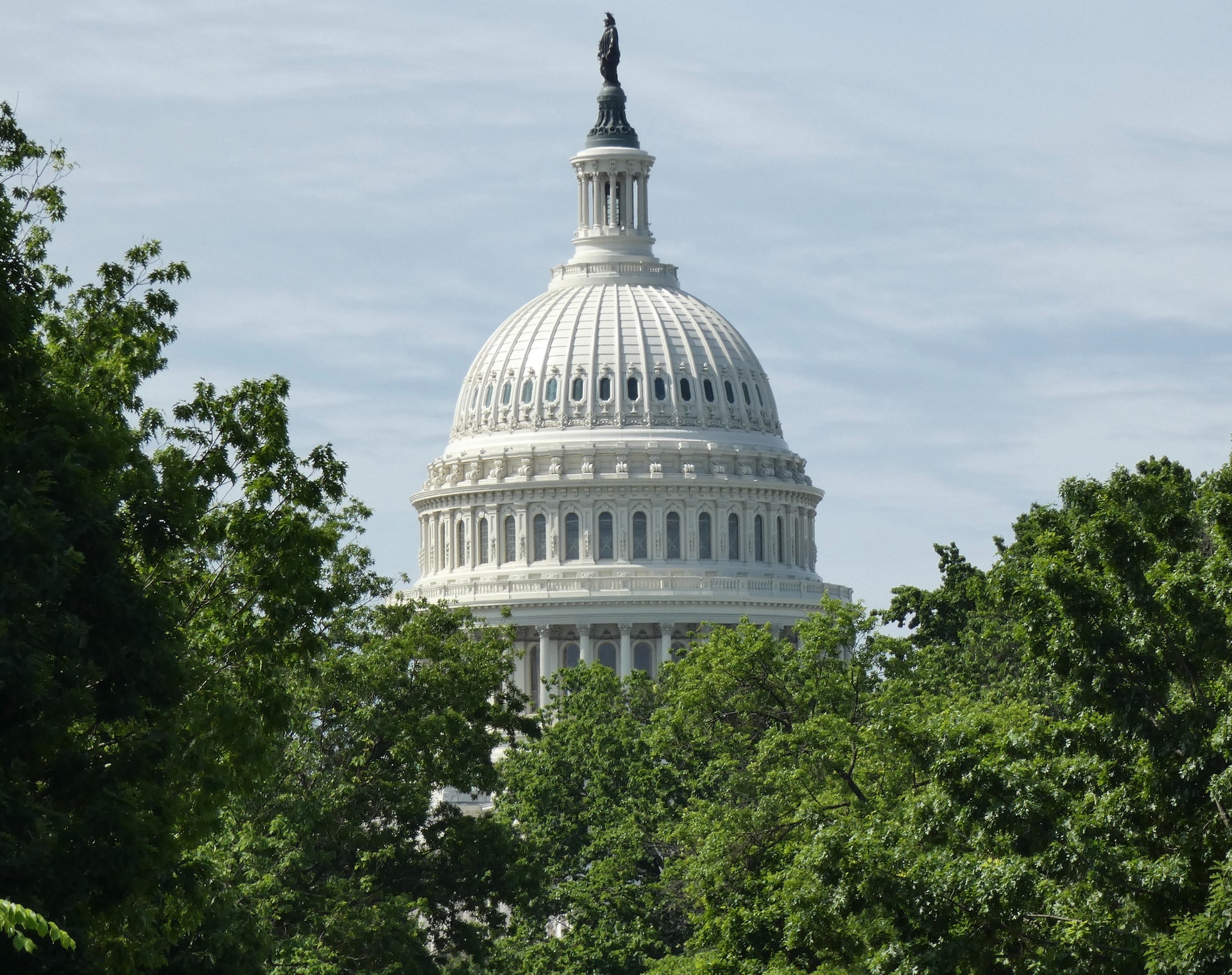A bill to reform the Foreign Corrupt Practices Act by creating a private cause of action has been introduced into the U.S. House of Representatives by Rep. Ed Perlmutter (D-CO). Courts have universally held that there is no private right to sue under the FCPA at present.
The bill is called the Foreign Business Bribery Prohibition Act and is styled after section 4 of the Clayton Antitrust Act of 1914. It would permit those who lose out on business due to a competitor’s bribery in violation of the FCPA to recover treble damages for their injuries. Victims of antitrust violations have been able to bring a lawsuit to recover treble damages plus a reasonable attorney’s fee for years.
The FCPA legislation was previously introduced several years ago into the House by Rep. Perlmutter. It is not currently expected to become law. But it does propose an interesting alternative to strengthen the current system’s ability to fight fraud.
The present option for businesses with information about a competitor engaged in violations of the FCPA is to have an individual report them to the U.S. Government through the SEC whistleblower program created by Dodd-Frank. The SEC can then proceed with an enforcement action at its discretion. If the SEC recovers more than $1 million as a result of their information and evidence, then the individual is entitled to a reward of between 10 and 30 percent.
FCPA whistleblowers have provided hundreds of tips to the U.S. Government about foreign bribery in the programs six year since Dodd-Frank, according to the program’s annual reports to Congress. Early in the program, an SEC Official called it “fertile ground for whistleblowing”. However, if the government declines to bring an enforcement action against the company based on the whistleblower’s information, there is no other option for an individual to pursue the matter. Unlike the False Claims Act, whistleblowers are not permitted to attempt to enforce the law on behalf of the government.
While thinking about private enforcement of the FCPA, it struck me that the False Claims Act approach of qui tam litigation might be a better approach. This would allow employees of companies engaged in foreign bribery to bring a cause of action to recover damages for the government. The False Claims Act has proven to be the nation’s most successful law in the fight against fraud – why not use it in the war against international corruption as well?
Rep. Perlmutter’s press release identifies one problem with the current system – it places the burden of pursuing these cases on the Justice Department and the Securities & Exchange Commission. Businesses under investigation spend millions to hundreds of millions of dollars in order to avoid or minimize the penalties paid from government enforcement actions. In comparison, the agencies are “relatively underfunded”. It is this problem – whether through private enforcement, a qui tam solution or by increasing the resources of the government – that needs to be addressed.


